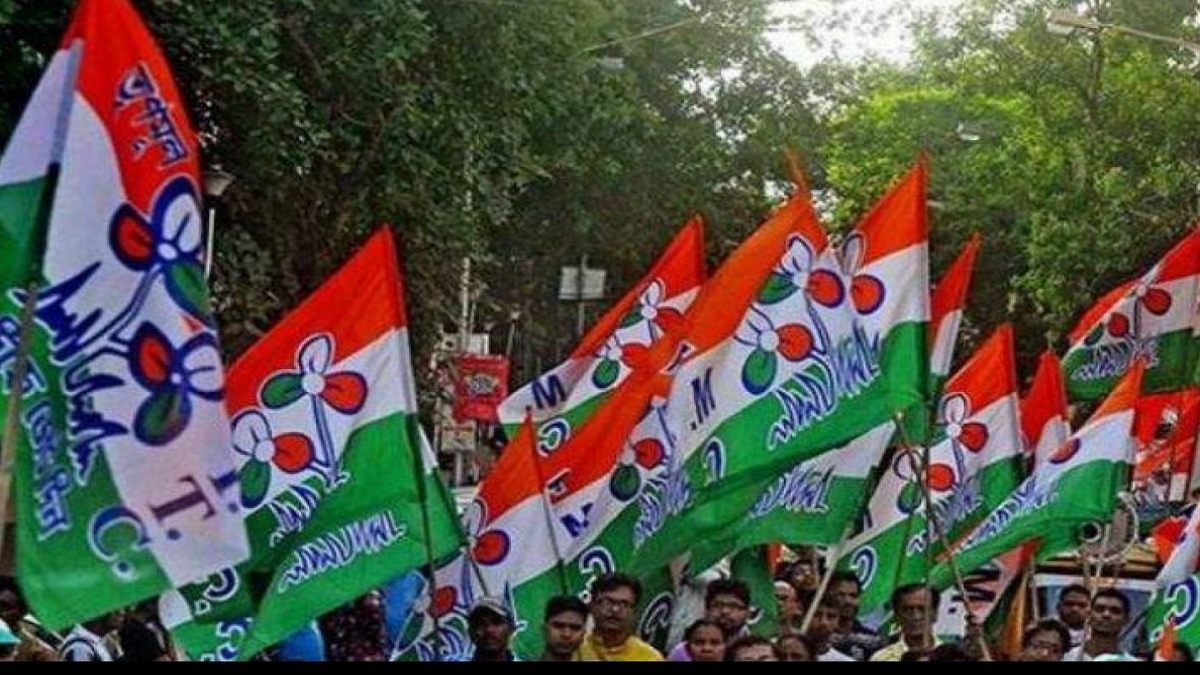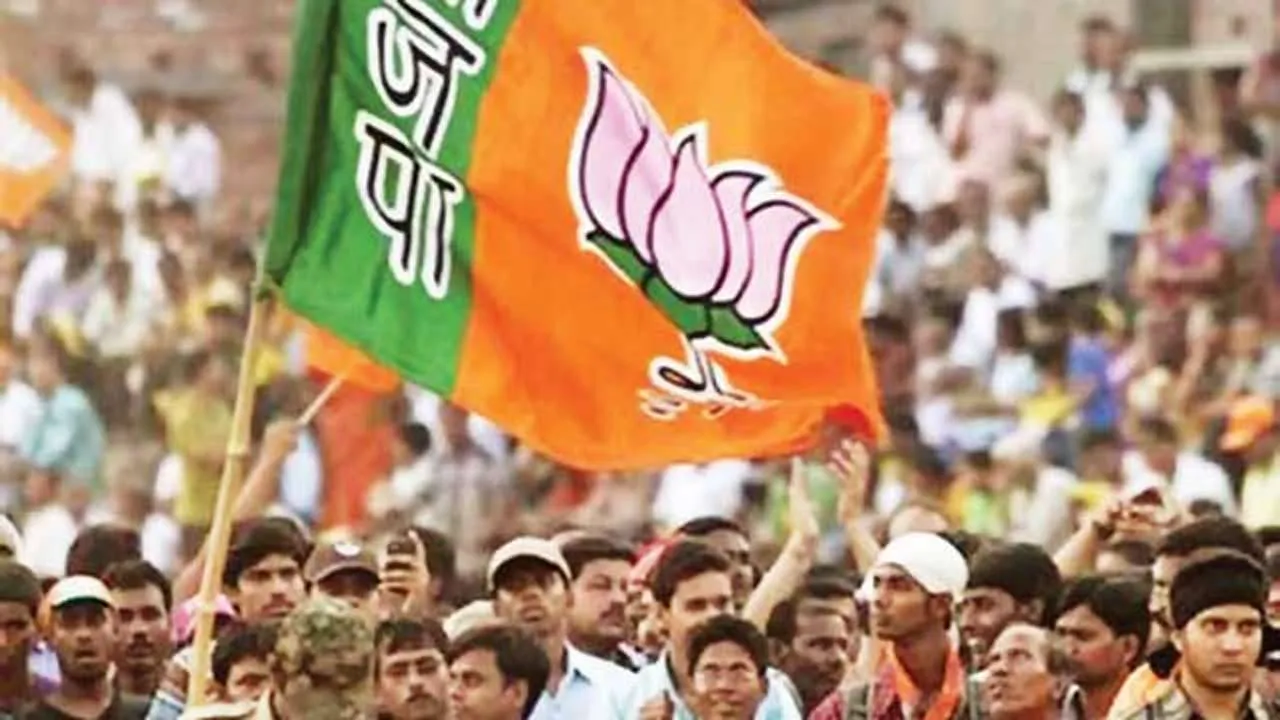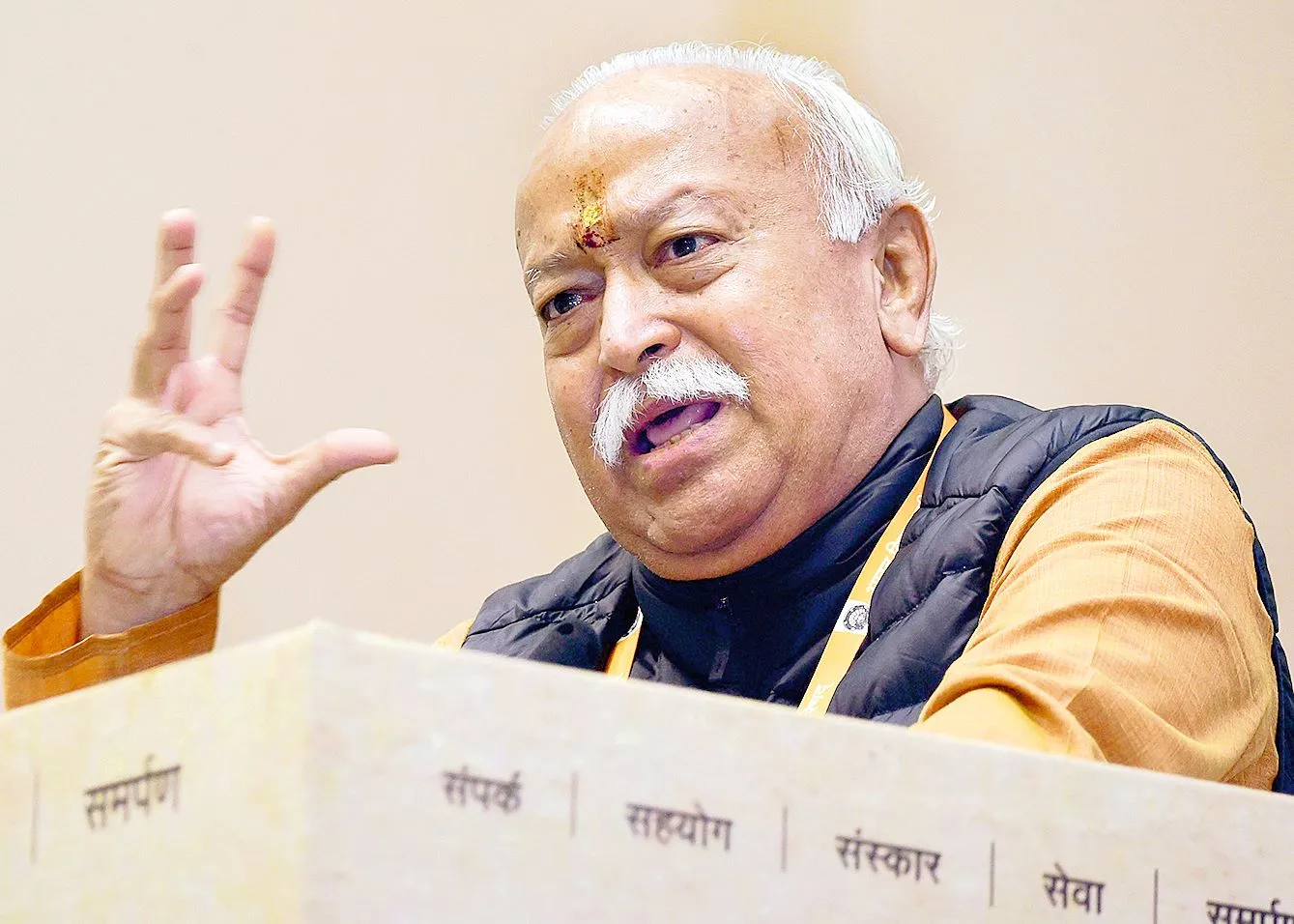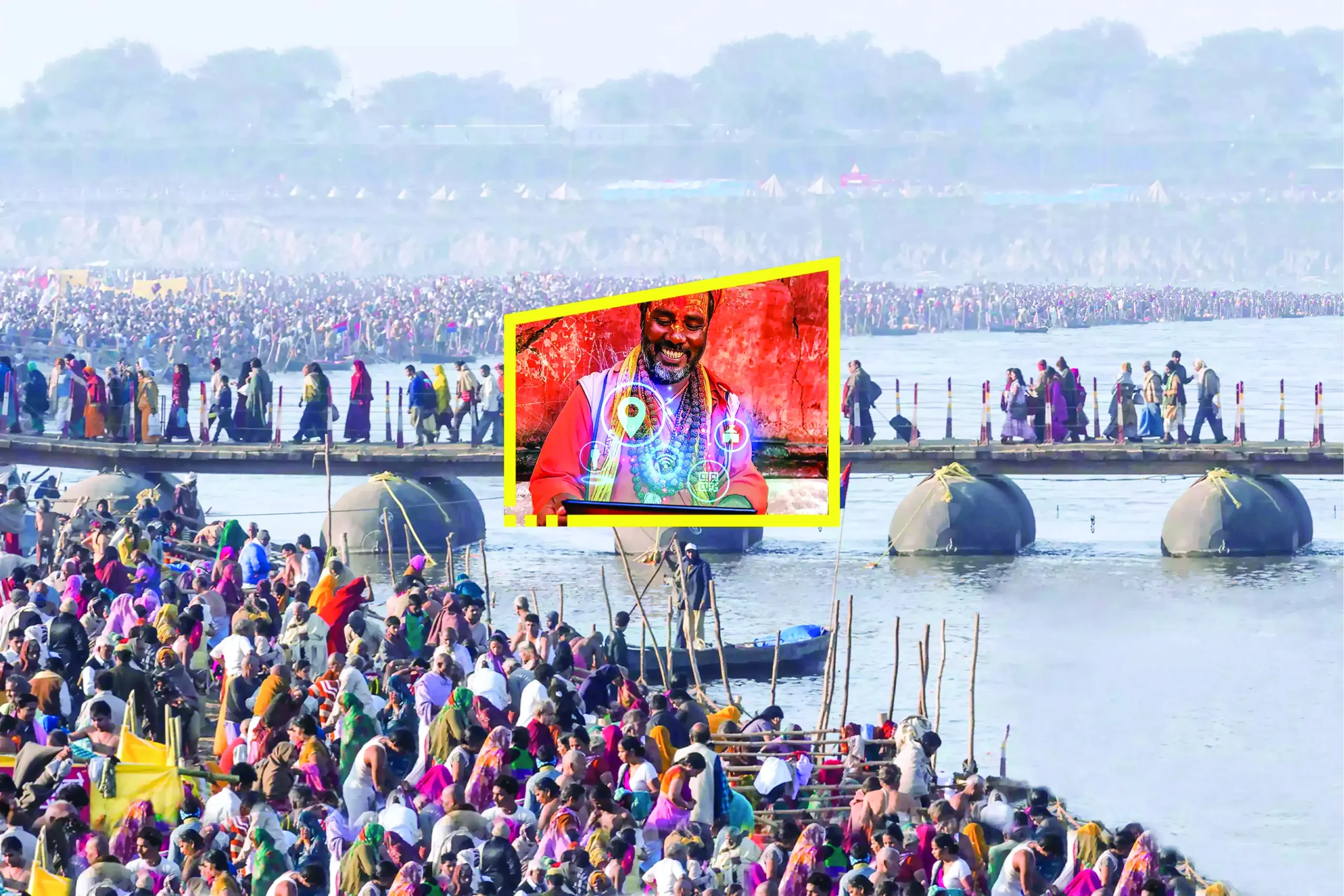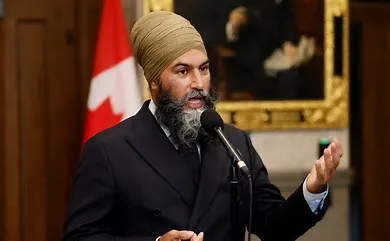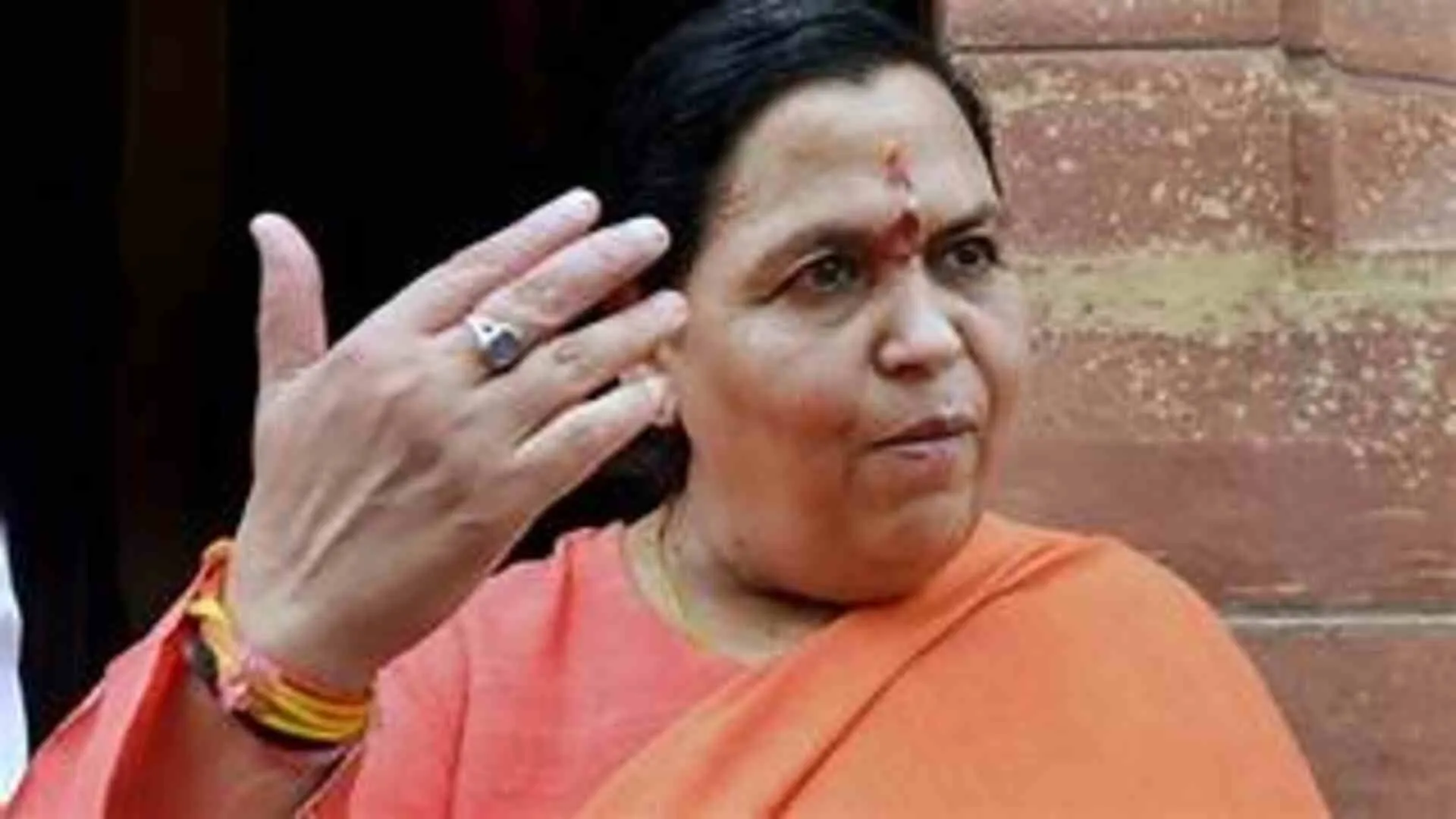It is a matter of shame that in a civilised nation there will be extreme violence whenever there is an election. The reference here is to West Bengal, where violence has got ingrained in the electoral process, irrespective of the presence or absence of central forces. And if not violence during the elections, there is blood-curdling post poll violence of unprecedented scale, as the state witnessed in May post the results of the Assembly elections. Whatever be the attempts to whitewash the violence that took place in May, the fact is both the National Human Rights Commission and the Central Bureau of Investigation have taken cognizance of the matter. The NHRC report on the situation was a severe indictment of the government in Kolkata, with the commission clearly saying that West Bengal did not witness the “Rule of Law”, but the “Law of the Ruler”, and that violent incidents such as “murder, rape, molestation, assault, vandalism, looting, dispossession, arson, extortion, threat and intimidation” were rampant. The police was accused of not doing its duty and instead of helping the goons aggravate the situation. All this resulted in the CBI registering nearly 50 cases, and more are in the pipeline. To ignore this as politically-motivated will be doing disservice to the people of Bengal, especially when there is enough anecdotal evidence to say that mayhem was unleashed not only against workers and leaders of the Bharatiya Janata Party but also against many of those who voted for the BJP. In fact villages that were believed to have gone the BJP’s way, bore the brunt of the violence. As a result, hundreds of people living in the border areas of Bengal fled to neighbouring states, including Assam and Jharkhand. It will not be an exaggeration to say that Bengal is now the UP-Bihar of the past—the “Wild East” of India where violence, intimidation and threats marred politics.
While Sunday’s municipal elections in Kolkata did not witness the kind of violence that took place in May, even then bombs were hurled, polling agents and rival candidates belonging to both BJP and CPM were physically attacked, and vandalism was perpetrated. There were also innumerable allegations of “vote-loot”, that is rigging. The Opposition parties in Bengal have posted a few videos on social media that show how goons owing allegiance allegedly to the ruling Trinamool Congress (TMC) are covering lenses of CCTVs that were installed on the order of the Calcutta High Court. If these videos are found to be authentic, and if the allegations made against the TMC of rigging and violence are found to be genuine, then the obvious question is: why should a ruling party that came to power for the second time with a landslide just seven months ago feel the need to unleash mayhem on the streets of the state capital? It is a given that the Kolkata municipal corporation election results will be a one-sided affair, with over 90% of the seats likely to go the TMC’s way. So where was the need to hurl bombs and terrorise the voters? Political violence is in the DNA of Bengal is not justification enough for what happens in the state in the name of politics—a deliberate attempt to muzzle voices and suppress the opposition. Fear tactics do not make for democratic politics. If fear is the only reason that even a minuscule section votes for a particular party, then the whole purpose of democracy being “by the people” gets defeated. Apart from the fact that it’s a miserable commentary on the nature of governance in a state. Sooner or later the public backlash will take place, as it did post the panchayat elections that were not allowed to be held freely and fairly in 2018. There was terrible violence in that election too. A year later, in the 2019 Lok Sabha elections, a large section of rural voters overcame their fear of the ruling party and took out their anger by cutting the TMC down to the size of its principal opponent in the state, the BJP.
Also, it does not behove a party that claims to be the main opposition to the BJP at the Centre, and wants to lead the Opposition coalition in the next general elections, to allow hooligans a free run of its citadel. The whole country is watching. And muscle-flexing is not the best way to win hearts and minds. Money and muscle power can help a party retain its base in its own territory, but not beyond that. Everyone saw how miserably the TMC fared in Tripura, primarily because it did not have grassroots support there. The refrain in Tripura even among Bengalis was “this is not Bengal”. Hence, if the TMC wants to become a national party, it needs to do some grassroots work in different states and most importantly, clean its own house, and rid the state of political violence. If not done, chances are, not many will take TMC’s national ambitions seriously.

